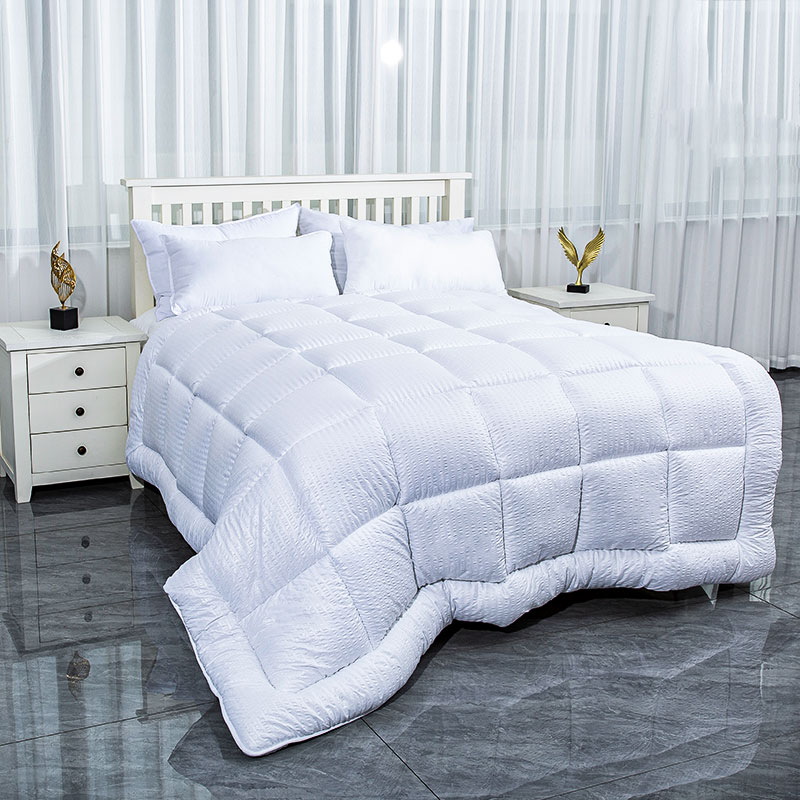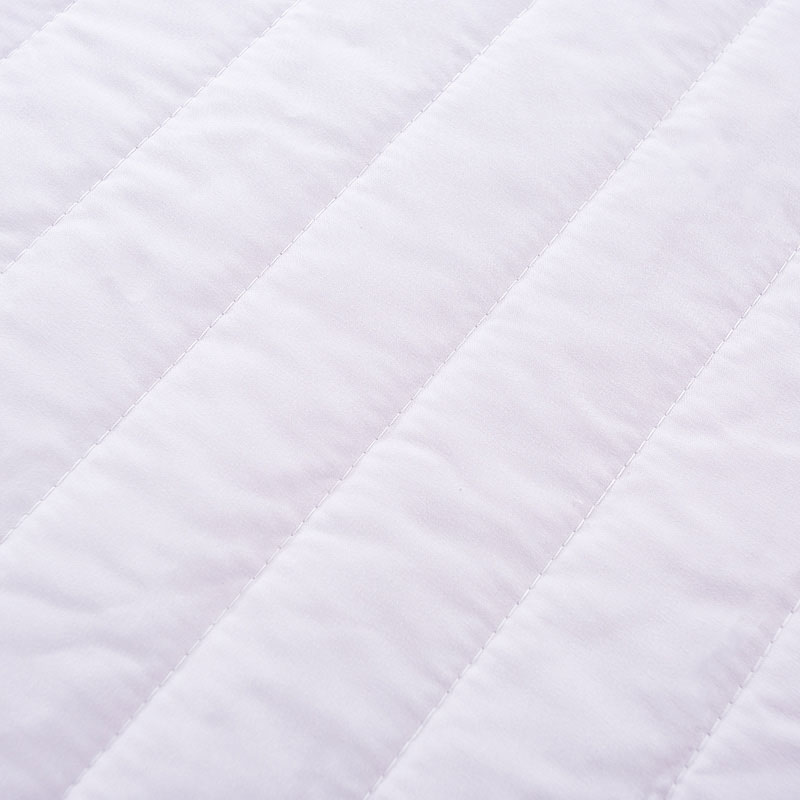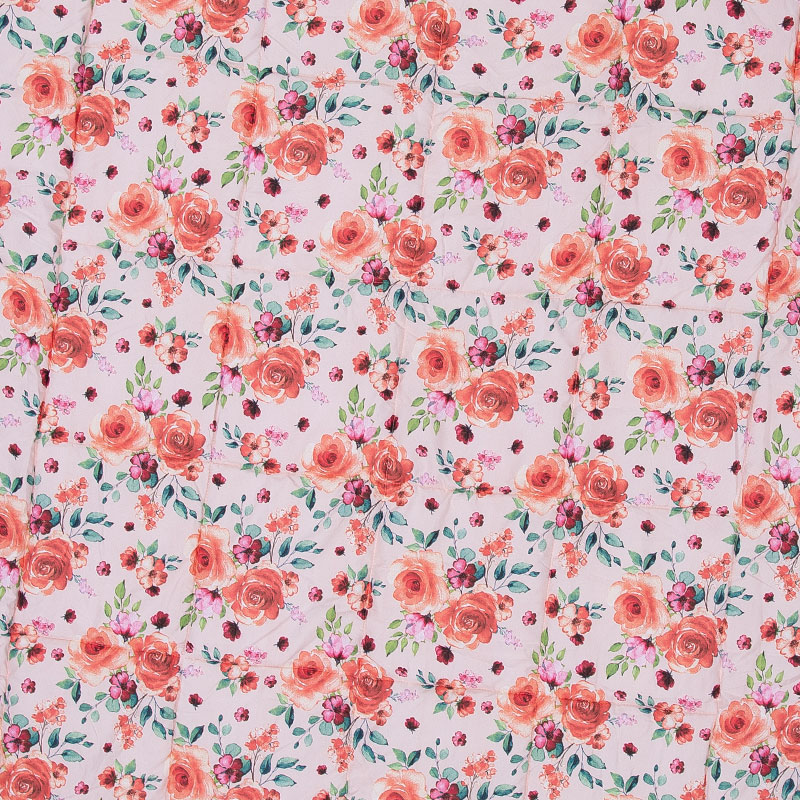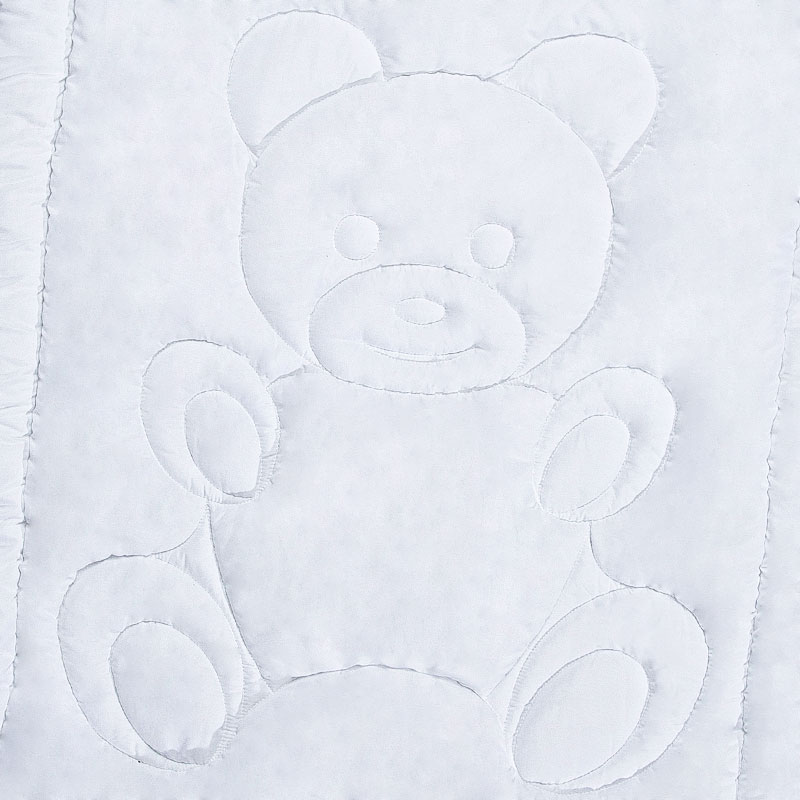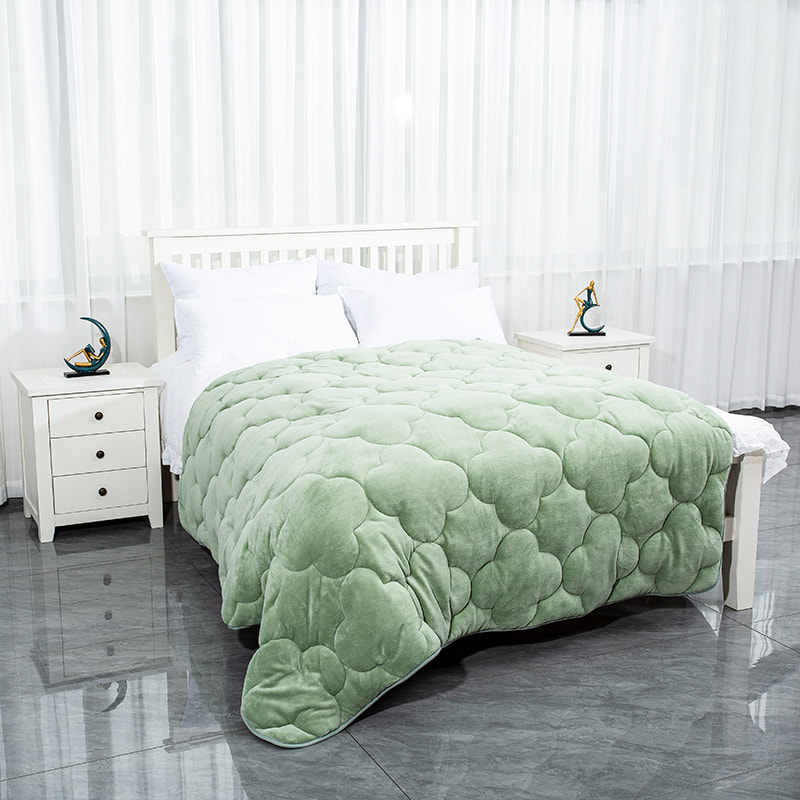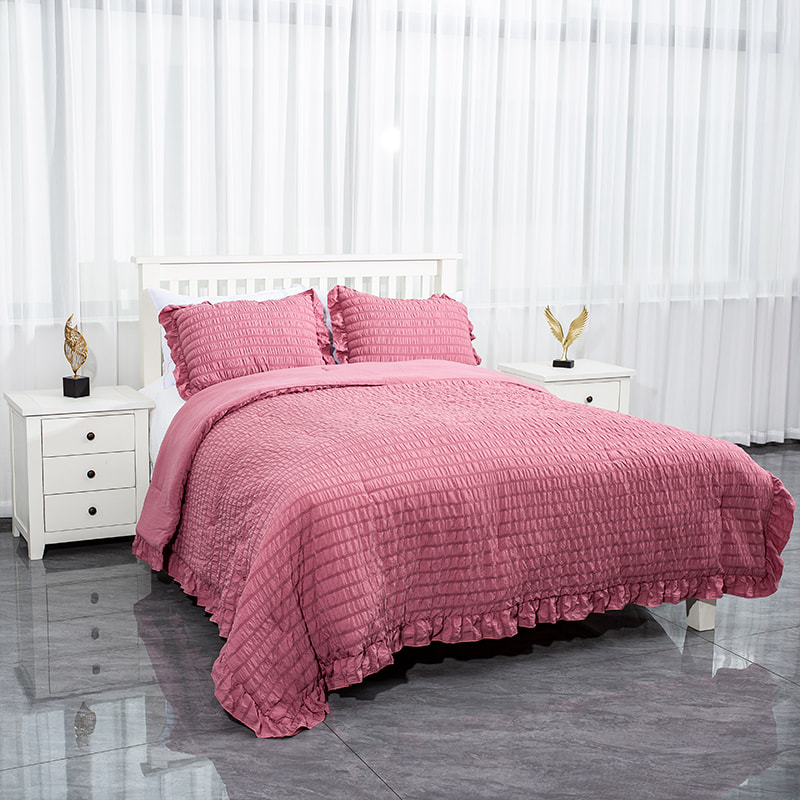What Is Wholesale White Quilt?
Material Innovation and Sustainability in White Quilting
The Strategic Advantage of Organic and Recycled Fiber Blends
The modern wholesale buyer must prioritize not just the look but the ethical and structural integrity of the white quilts they procure. The strategic advantage of organic and recycled fiber blends represents a significant shift in market demand, moving beyond mere aesthetics to encompass environmental responsibility. Manufacturers who have invested in sourcing certified organic cotton for the shell fabric or utilizing fibers derived from recycled plastic bottles for the filling are best positioned to meet the expectations of today’s conscious consumer and corporate client. These sustainable choices do not compromise the sought-after crispness and luxurious feel of white bedding; rather, they add an elevated layer of brand narrative and marketability. Furthermore, mastering hypoallergenic and comfort-focused fillings is crucial for broad market appeal, particularly in the hospitality and health sectors. Using advanced down alternative materials, such as specific polyester microfibers or Tencel blends, allows manufacturers to offer the plush loft and warmth of natural down while eliminating common allergens, ensuring the quilt is safe and comfortable for the widest possible demographic. This focus on premium, non-irritating components secures the product’s position in both standard and specialized bedding lines.
Mastering Hypoallergenic and Comfort-Focused Fillings
Using advanced down alternative materials, such as specific polyester microfibers or Tencel blends, allows manufacturers to offer the plush loft and warmth of natural down while eliminating common allergens, ensuring the quilt is safe and comfortable for the widest possible demographic. This focus on premium, non-irritating components secures the product’s position in both standard and specialized bedding lines.
Commercial Durability and Functional Requirements
Achieving High Abrasion Resistance and Stain-Repellency for Hospitality Use
White quilts, especially those destined for the demanding environment of commercial lodging, require superior functional performance. Achieving high abrasion resistance and stain-repellency for hospitality use is paramount, as bedding must withstand frequent industrial laundering cycles and inevitable spills without losing its structural integrity or pristine color. This durability is not solely dependent on a high thread count but rather on the quality of the weave structure, the strength of the stitching, and the application of high-grade, durable water-repellent (DWR) or stain-release finishes that are safe for commercial use. Manufacturers should be able to demonstrate testing results that prove longevity under harsh conditions. Equally critical is navigating essential safety and certification standards. For example, supplying bedspreads and quilts to certain commercial sectors may require flame retardant properties, demanding specific treatments or the use of inherently fire-resistant fibers. Buyers must meticulously verify that the manufacturer holds current, relevant certifications from international bodies, ensuring compliance with local fire codes and reducing legal and safety risks associated with large-scale projects.
Navigating Essential Safety and Certification Standards
- Verifying flame retardant certifications (e.g., meeting specific national fire codes).
- Ensuring compliance with textile safety regulations regarding hazardous substances (e.g., Oeko-Tex Standard).
- Demanding proof of performance testing for commercial washing and drying cycles.
Supply Chain Flexibility and Partnership Value
The Importance of Low Minimum Order Quantities for Emerging Brands
A manufacturer’s true value often lies in its flexibility, particularly for small to medium-sized enterprises (SMEs) and new brands. The importance of low minimum order quantities (MOQs) for emerging brands cannot be overstated; rigid volume requirements act as a barrier to market entry, restricting innovation. Forward-thinking wholesale manufacturers recognize the long-term potential of cultivating smaller accounts and offer tiered MOQs to accommodate initial market testing. This flexible approach demonstrates a commitment to partnership rather than just transactional sales. Moreover, establishing robust private labeling and customization processes is essential for brands seeking to differentiate themselves. Customization goes beyond simply adding a label; it includes offering bespoke quilting patterns, specific sizes outside of the common standard, or utilizing a unique combination of fill power and shell material. A sophisticated manufacturer should provide efficient project management for private label requests, from initial sample creation to bulk production and packaging design, allowing the buyer to build a distinct brand identity quickly and effectively.
Establishing Robust Private Labeling and Customization Processes
A sophisticated manufacturer should provide efficient project management for private label requests, from initial sample creation to bulk production and packaging design, allowing the buyer to build a distinct brand identity quickly and effectively.
Quality Control and International Trade Readiness
Critical Benchmarks for Quilt Construction and Stitch Density
The consistency and quality of white quilts must be rigorously maintained across every batch. Critical benchmarks for quilt construction and stitch density serve as the foundation for product excellence. A consistently high stitch density ensures the filling remains evenly distributed, preventing clumping and cold spots, which is vital for both comfort and a long product lifespan. Buyers should demand clarity on the manufacturer’s internal quality assurance protocols, including fabric inspection at the loom, pre-sewing checks, and post-quilting inspections for defects or uneven filling. Furthermore, for manufacturers targeting markets beyond their immediate borders, ensuring seamless export logistics and compliance is non-negotiable. This involves more than simply packing and shipping; it requires expertise in customs documentation, understanding international shipping terms (Incoterms), and adhering to destination country regulations regarding labeling, material declaration, and hazardous substances. A truly export-ready factory minimizes friction for the buyer, guaranteeing that the white quilts arrive on time, pass customs inspections efficiently, and meet all legal requirements in the intended market.
Ensuring Seamless Export Logistics and Compliance
- Expertise in customs documentation and navigating international shipping regulations.
- Adherence to specific destination country rules for labeling and material declaration.
- Maintaining high efficiency to guarantee on-time delivery and reduce logistical friction.


 English
English 中文简体
中文简体 Español
Español previous post
previous post
